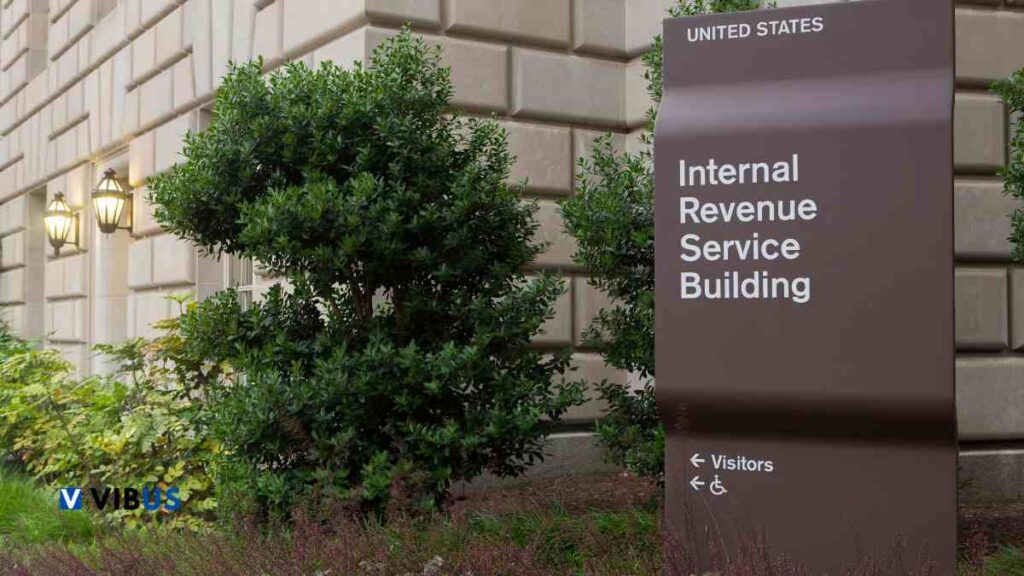The U.S. Department of the Treasury, in collaboration with the IRS, has taken a notable step toward tax reform by launching a new measure aimed at closing one of the most exploited loopholes used by large, complex partnerships. This initiative is part of a broader effort to ensure tax fairness and could significantly boost state revenues over the next decade.
This new regulation is projected to generate over $50 billion in revenue in the next ten years. The primary goal is to put an end to the practices of some large partnerships that use opaque business structures to manipulate tax deductions and avoid paying their fair share of taxes.
IRS Aims to Increase Revenue and Tax Fairness
With the new regulations, taxpayers and their advisors will be required to report their involvement in transactions that involve basis adjustments in complex partnerships. This requirement will provide the IRS with the necessary information to assess the extent of abuse and effectively allocate resources to control it.
A complex partnership refers to a business structure that involves multiple layers of partnerships, often including sub-partnerships within others. These structures are particularly challenging to audit and trace due to their complexity, posing a significant challenge for tax authorities striving to ensure compliance with tax obligations and recover unpaid taxes.
Understanding Complex Partnerships
In addition to focusing on complex partnerships, the IRS is strengthening law enforcement against wealthy individuals who have failed to meet their tax obligations. To date, the agency has collected $520 million in back taxes from approximately 1,000 millionaires and billionaires.
The agency has also initiated audits on the 60 largest corporate taxpayers in the country, whose assets average $24 billion, to ensure they are contributing their fair share of taxes. These efforts are part of a broader plan to transform the IRS and ensure it effectively fulfills its role in auditing and serving American taxpayers.
The initiative by the Department of the Treasury and the IRS marks a significant advancement in the fight against evasive and non-transparent tax practices. By closing these gaps, the aim is not only to increase tax revenue but also to promote greater fairness within the U.S. tax system.
This comprehensive approach demonstrates a clear intention to ensure that all sectors, especially the wealthiest and those with complex business structures, contribute fairly to the public treasury. The measure also reflects a continued commitment by tax authorities to adapt to and respond to evolving tax evasion tactics, ensuring the maintenance of a fair and effective tax system for all citizens.
Strengthening Tax Law Enforcement
The new measure will require detailed reporting of any transactions involving adjustments in the basis of complex partnerships, making it harder for these entities to obscure their tax liabilities. This move will provide the IRS with better tools to detect and prevent tax avoidance schemes, ultimately leading to a more equitable tax landscape.
Moreover, this step is part of a broader strategy by the Treasury and IRS to modernize the tax system, making it more resilient against sophisticated tax avoidance strategies. By enhancing transparency and reporting requirements, the IRS aims to create a more level playing field where all taxpayers are held accountable to the same standards.
In conjunction with these efforts, the IRS is also focusing on improving its auditing capabilities and expanding its enforcement resources. This includes hiring additional staff and investing in advanced technology to better track and analyze complex financial transactions. These enhancements are crucial for identifying potential tax evasion and ensuring that the tax system is fair and just.
IRS’s commitment to addressing tax evasion
The IRS’s commitment to addressing tax evasion by the wealthiest individuals and largest corporations is a critical component of this initiative. By targeting those who have the most resources and opportunities to exploit loopholes, the agency aims to recapture significant amounts of unpaid taxes, which can then be used to fund public services and reduce the deficit.
Additionally, the increased scrutiny on large corporate taxpayers highlights the importance of corporate responsibility in the tax system. By ensuring that these entities pay their fair share, the IRS is reinforcing the principle that everyone, regardless of their wealth or business complexity, must adhere to the same tax laws.
As the IRS continues to implement these new measures, it is also focused on maintaining a balance between enforcement and taxpayer service. This includes providing clear guidance and support to help taxpayers comply with the new regulations, while also taking decisive action against those who attempt to evade their tax responsibilities.
The overall goal of these efforts is to create a tax system that is not only more effective in collecting revenue but also perceived as fair by the public. By tackling complex partnerships and high-net-worth individuals who have previously been able to exploit the system, the IRS aims to build greater trust in the tax system and ensure that it works for all Americans.
In conclusion, the new initiative by the Treasury and IRS represents a significant step towards a more equitable and transparent tax system. By closing loopholes and enhancing enforcement, the IRS is working to ensure that all taxpayers, especially the wealthiest and those with complex business structures, contribute their fair share. This effort is essential for maintaining the integrity of the tax system and ensuring that it serves the interests of all citizens.
